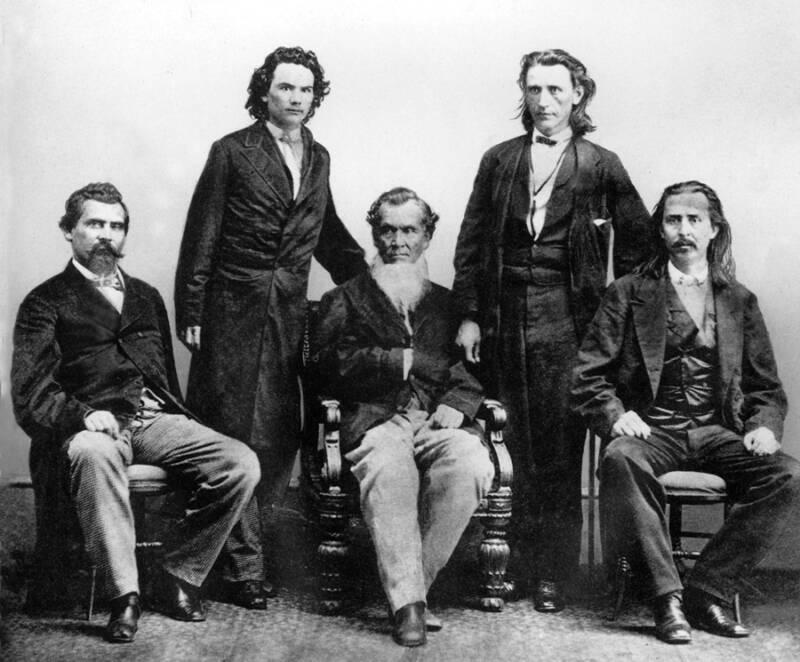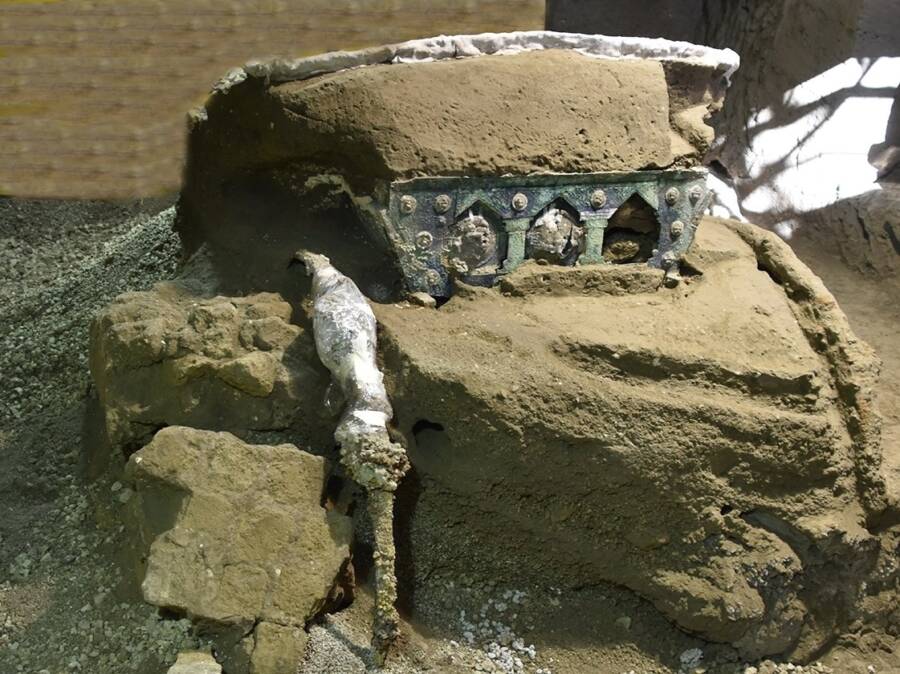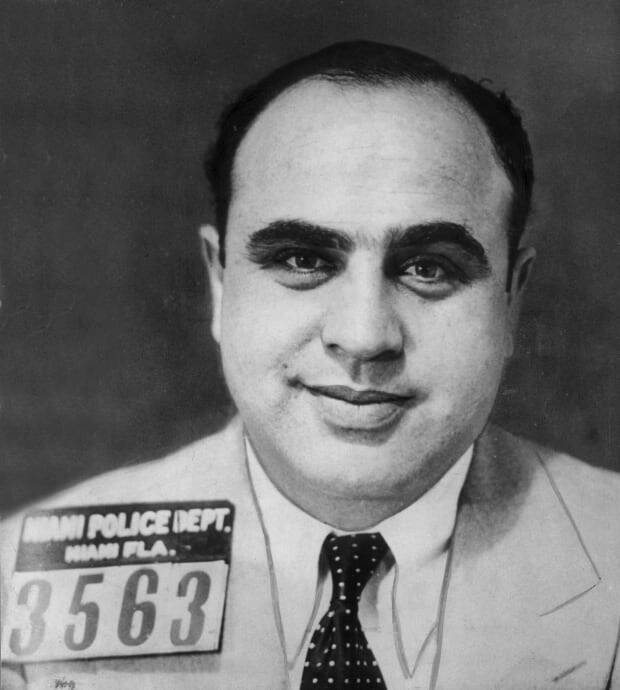Cherokee Freedmen's rights finally recognized, Pompeii chariot unearthed, Al Capone's Prohibition-era moonshine still found.
The Black Descendants Of Cherokee-Owned Slaves Just Won Their Citizenship After 160 Years

Apic/Getty ImagesCherokee delegates negotiated with the U.S. government in 1866 to guarantee tribal citizenship to Black slaves freed from their tribes. After 160 years, those promises are now being honored.
Though marginalized, enslaved, and killed en masse themselves for centuries, a number of Cherokee grew very wealthy by the mid-1800s, and began buying Black slaves in the decades before the Civil War. By 1860, the 21,000 Cherokee held more than 4,000 slaves, making almost one in five people in the Cherokee Nation a slave.
While those slaves were granted freedom after the Civil War, their descendants had been fighting for citizenship ever since. Even in recent decades, the Cherokee had denied them equality. But now, an historic ruling has just changed everything.
See more here.
Stunning 2,000-Year-Old Ceremonial Chariot Discovered In Pompeii Villa

Archaeological Park of PompeiiThe chariot is composed of four iron wheels and is engraved with bronze and tin.
When Mount Vesuvius erupted in 79 A.D., those in the city of Pompeii were doomed. Lava and volcanic ash rained down on cities even 20 miles away, and the scorching temperatures baked Pompeiian’s brains into glass and burned off their skin.
But the ash also served as a remarkable preservative, and bodies of Pompeii have been excavated by modern archaeologists seemingly frozen as they were when they died thousands of years ago.
Now, in a first-of-its-kind find, researchers have uncovered a remarkably intact ceremonial chariot in the remains of a luxurious villa north of Pompeii.
Dig deeper in this report.
Moonshine Barrel Linked To Al Capone Found In South Carolina’s “Hell Hole Swamp”

Wikimedia CommonsThe abandoned barrel likely belonged to one of Al Capone’s criminal associates.
Deep in “Bloody” Berkeley County, South Carolina, in a section of the Francis Marion National Forest called “Hell Hole Swamp,” archaeologists have unearthed a century-old moonshine still linked to Al Capone.
Researchers from the University of Tennessee made the discovery, which included artifacts like a metal barrel, cinder blocks, a green garden hose, and some pieces of old metal. To a layperson, it might seem like nothing but a pile of trash. But graduate student Katherine Parker knew she’d struck gold.
Read on here.





